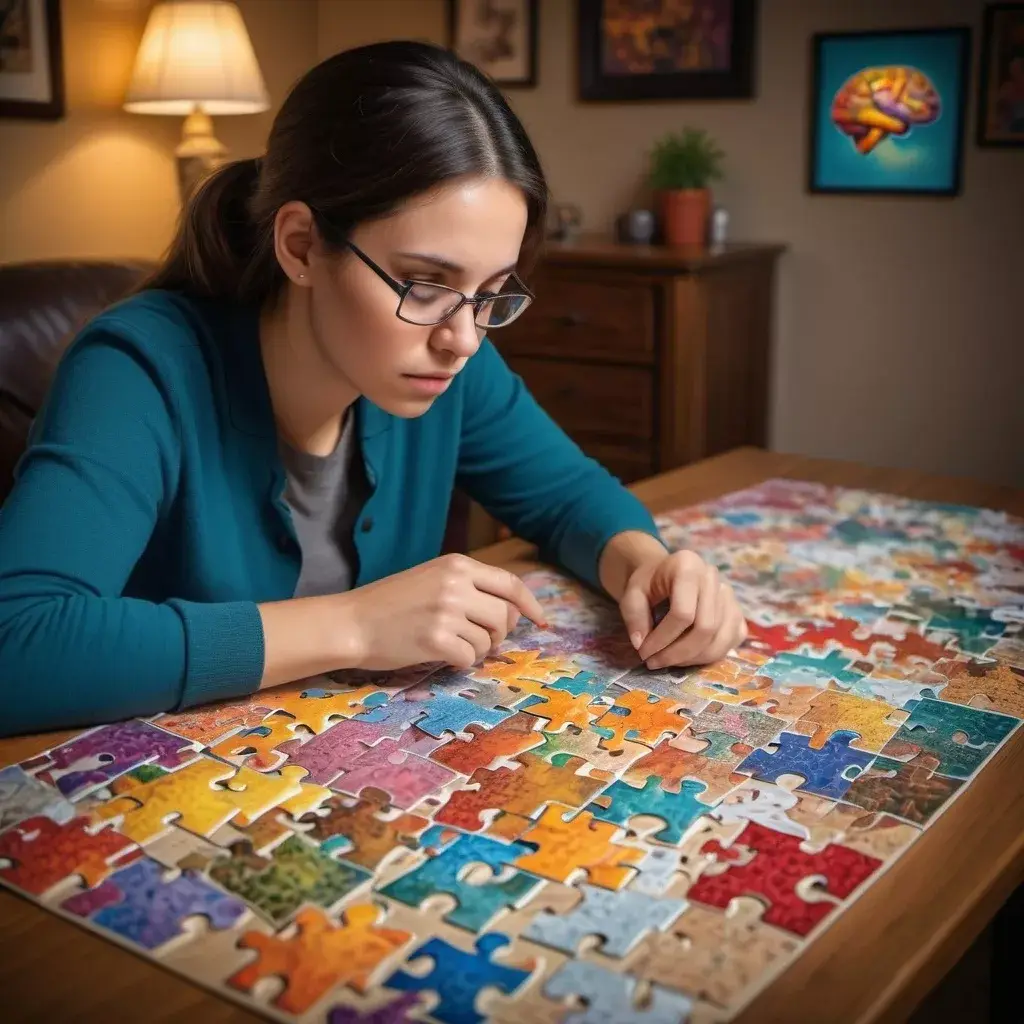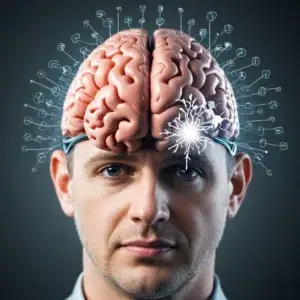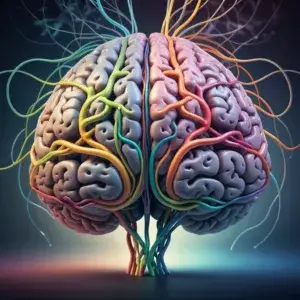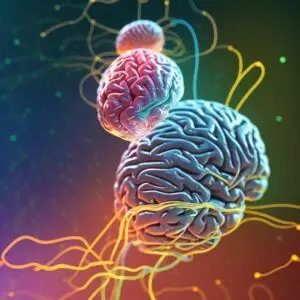Table of Contents
Brain Training Games: Puzzles and challenges can help prevent cognitive decline.
In today’s fast-paced, technologically advanced society, cognitive health is more important than ever. While we frequently prioritize physical fitness and nutrition, cognitive wellness is occasionally disregarded. However, just as we exercise our bodies to build strength, we must also exercise our minds to keep them active. Puzzles and challenges are an enjoyable and effective way to accomplish this. Let’s have a look at how these activities can boost brain function and prevent cognitive decline.
The Science of Brain Training Games
Our brains are incredibly adaptable and can form new neural connections throughout our lifetimes. This concept, known as neuroplasticity, is critical for preserving and improving cognitive function. Mentally challenging activities like puzzles and challenges help improve neuroplasticity, memory, and problem-solving skills.
Cognitive Benefits of Puzzles
- Improved Short Term Memory: Puzzles require remembering forms, colors, and parts that fit together, which helps with short-term memory.
- Improved Long-term Memory: Solving difficult puzzles typically necessitates recalling past methods and patterns, which aids with long-term memory.
- Improved Problem-Solving Skills: Solving puzzles needs critical thinking and a variety of approaches. This can lead to more effective problem-solving in everyday settings.
- Improved Attention to Detail: Solving a puzzle demands concentration and attention to detail. This can improve your overall attention span and concentration.
- Puzzle-solving can boost mood and reduce stress, resulting in better brain function.
Types of Puzzles and Their Advantages
- Crossword puzzles: These puzzles will put your language skills to the test while also expanding your vocabulary. They also assess your ability to recollect information, which improves memory.
- Sudoku puzzles enhance logical reasoning and pattern recognition. They also require prolonged focus, which might boost attention span, and help with concentration skills.
- Jigsaw puzzles for visual and spatial reasoning. These puzzles encourage visual-spatial reasoning by requiring you to determine how different pieces fit together to form a whole picture. Putting together a jigsaw puzzle can also teach patience and perseverance.
- Brain Teasers: Brain teasers frequently involve unconventional thinking and ingenuity, which helps develop creativity. They improve problem-solving skills by offering unique challenges that require innovative solutions.
Apps and Websites for Brain Training Games
Apps:
Luminosity – Available for iOS and Android. – Provides a variety of brain games to improve cognitive function.
Peak: Available on iOS and Android with over 40 brain – challenging games.
Elevate is available for iOS and Android – Personalized training to boost productivity, earning potential, and self-confidence.
Websites for Brain Training Games:
- BrainBashers: BrainBashers A collection of mind-bending puzzles, riddles, games, and optical illusions.
- Puzzle Baron – Puzzle Baron offers a variety of problems, including crosswords, Sudoku, and logic.
- Braingle: Braingle. It has more than 15,000 brain teasers, puzzles, riddles, and quizzes.
Amazon Products – Brain Training Games
- The Mind Challenge Box – The Mind Challenge Box, a collection of difficult puzzles designed to boost cognitive ability.
- Brain Games: Sticker by Number: Nature – Sticker puzzles are an enjoyable and peaceful way to improve your brain.
- 3D Wooden Brain Teaser Puzzle – 3D Wooden Brain Teaser Puzzle – A set of wooden puzzles that test problem-solving abilities and improve concentration.
Adding Brain Training Games and Puzzles to Your Daily Routine
- Start with simple puzzles and gradually increase the difficulty as your skills improve.
- Schedule time each day to work on puzzles. This could be a relaxing respite from your regular routine and an opportunity to decompress.
- Mix It Up: Variety is key. Try several types of puzzles to keep your brain engaged and intriguing.
- Make It Social: Puzzles may be a social activity. Solving puzzles with friends or family can be an enjoyable and collaborative way to improve brain function.
Puzzles as a Preventive Measure against Cognitive Decline
According to research, engaging in mentally challenging tasks can delay the onset of cognitive decline and reduce the risk of dementia. A study published in the journal Neurology revealed that persons who like puzzles and other mentally stimulating activities have a lower risk of developing Alzheimer’s disease and other kinds of dementia.
Including puzzles and challenges in your daily routine is a fun and effective way to keep your brain engaged and avoid cognitive decline. Whether you enjoy crossword puzzles, Sudoku, jigsaw puzzles, or brain teasers, each type has unique benefits that enhance a variety of cognitive skills. Take a break from your hectic schedule, grab a puzzle, and give your brain the exercise it need. Your future self will thank you for it!
Resources.
Apps for Brain Training Games:
- Lumosity for iOS Lumosity for Android
- Peak for iOS. Peak for Android
- Elevate for iOS Elevate for Android
Websites for Brain Training Games:
Amazon Brain Training Products
Research on Benefits of Brain Training Games:
Cognitive Activity and Cognitive Decline in Older Adults – Wilson, R.S., Mendes De Leon, C.F., Barnes, L.L., et al. (2002). JAMA, 287(6), 742-748. Link to the Study
Mental Activities and the Risk of Incident Alzheimer Disease in the Elderly. J. Verghese, R.B. Lipton, M.J. Katz, et al. (2003). New England Journal of Medicine, 348(25), 2508–2516. Link to the Study
Effects of Cognitive Training Interventions With Older Adults: A Randomized Controlled Trial – S.L. Willis, S.L. Tennstedt, M. Marsiske, et al. (2006). JAMA. 296(23):2805-2814. Link to the Study
A randomized controlled trial of cognitive training using a visual speed of processing intervention in middle aged and older adults – Ball, K.K., Berch, D.B., Helmers, K.F., et al. (2002), American Geriatrics Society Journal. 50(4): 476-484 Link to Study.








